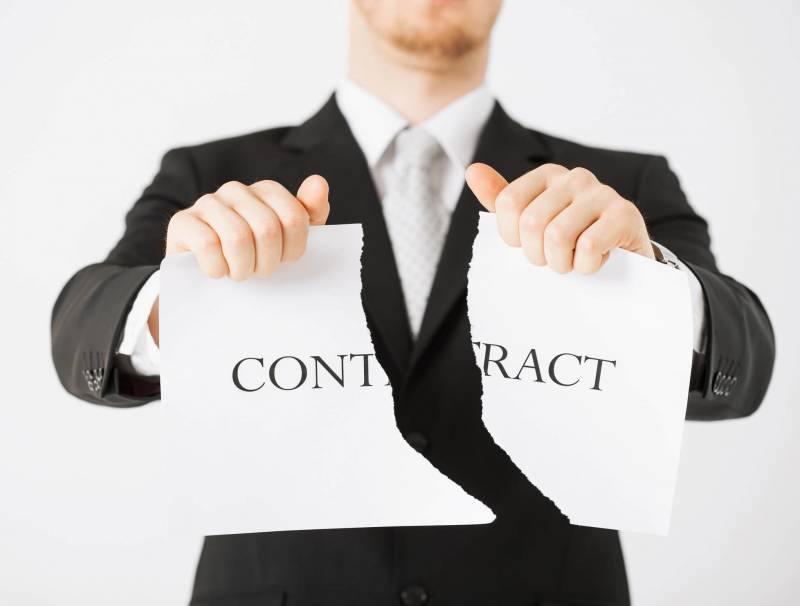Divorce: Where to Start?
It sucks, but what if you you fall out of love with the person you believed to be "the one"? It isn’t pretty, but with almost half of modern marriages ending in the big D, there’s a decent chance you or somebody we know will get divorced.
If your marriage is on the rocks and you’re becoming frustrated thinking about the involved process of uncoupling from your ex, don’t sweat it. This article will cover all the basic steps of the divorce process. Sit back, read and absorb the knowledge.
Lawyers, Lawyers and More Lawyers
Before doing anything else, seek legal help. There are thousands of attorneys who specialize in various areas of law. You want an attorney who deals specifically with family law.
Next on the list is litigation. According to Clinch Long Woodbridge, a divorce lawyer in Sydney, you will have to sign off on the court order, a vital legal document as it pertains to your divorce.
As you’re probably well aware, hiring a divorce attorney (the best money can buy) isn’t as cheap as buying lunch at McDonald’s. As stated by Craig G. Kallen III, J.D., author of the article "My Divorce is Going to Cost How Much?!", you could find yourself paying upwards of $15,000 for a contested divorce, once all lawyers’ fees are added into the equation.
Decisions, Decisions
When going through the hassle of a divorce settlement, both parties can rack their brains trying to figure out issues such as who will have primary custody of children (if you have children), shared property and debt. It’s especially important to make a plan that you will stick to.
Preparation Is Essential
Gather up all of the necessary paperwork. This should include tax statements concerning your (and your spouse’s) income, records of assets, mortgage statement, etc. Both parties will want to work out what assets each gets to keep once the divorce settlement has been reached. Also, (if possible) maintain constant communication with your ex throughout the process. Again, there are vital matters to iron out. You may be ordered by the court to pay child support and alimony.
What If You Have No Money?
In this tough economy, people frequently live paycheck to paycheck. You’ve been struggling to keep the wolves away from the door and the last thing you need is to be bilked for more money you don’t have. There are some solutions to this quandary. You’d do well to cancel credit cards you share jointly with your spouse. Also, you can use any joint funds for home or automobile repair and other essentials. Do all of this before you begin the proceedings so that everything is paid in advance.
Filing the Divorce Papers
At the county clerk’s office, you will find the papers needed to start the process. It’s your responsibility to learn the rules regarding divorce in your state. Next, have the divorce petition served to your spouse.
Seems like a lot of work, doesn’t it? Try to keep your cool, as there’s a lot more to come. Are you familiar with the "proof of service"? That’s a court-mandated document which proves your ex has been properly served.
Who Gets Custody of the Children?
In the United States, the default position in family court is that both parties have equal custody rights. When giving a judgement on sole or shared custody, the courts take certain factors into consideration such as stability or if there was any abuse in the relationship.
To use court speak, the Support Agreement (also known as the Divorce Judgement) is the judge’s ruling on custody of minor children as well as the visitation rights granted to the non-custodial parent.
In cases where children are involved, it is better if both parties can resolve custody arrangements without a long, drawn-out angry court battle. This is a good strategy for dealing with all aspects of your divorce; making an effort to work things out amicably will result in less stress, less money spent and a faster process for everyone.






















